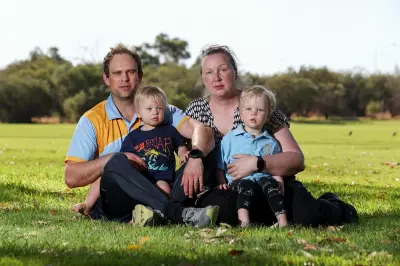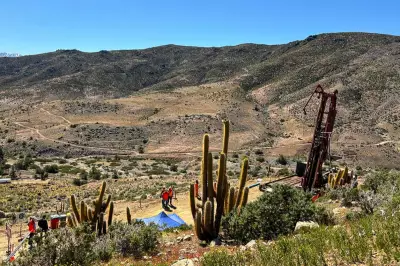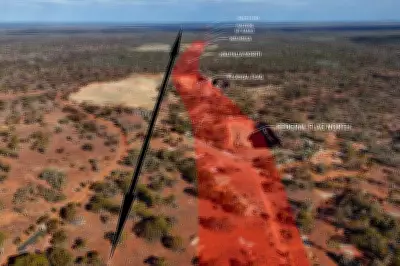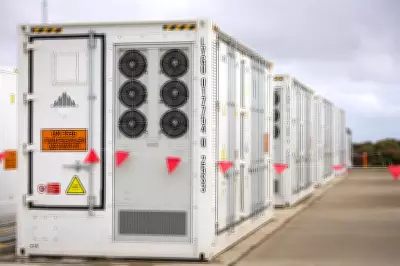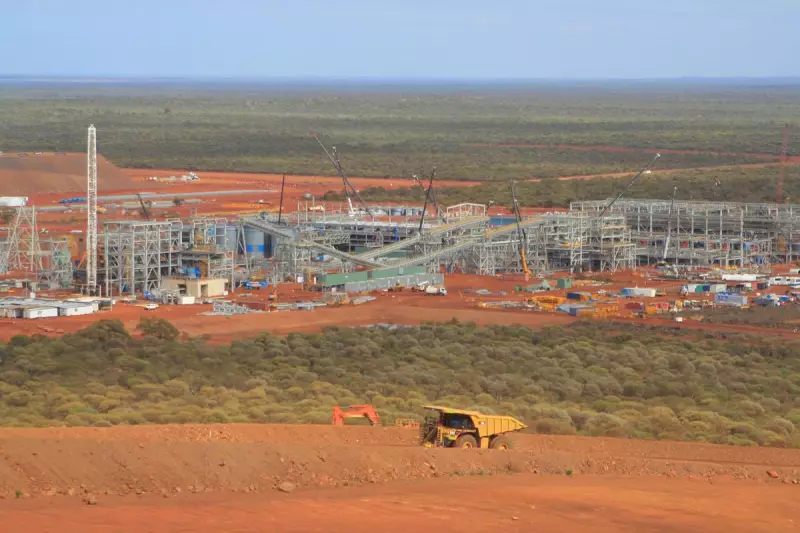
Chinese Steel Giant Shakes Up Struggling WA Mine Operations
In a dramatic move to address mounting financial losses, Chinese state-owned steel giant Ansteel is replacing senior Australian staff with dozens of managers and technical specialists from China at its troubled Karara iron ore operation in Western Australia's Mid West region.
The controversial staffing changes come as Karara Mining slumped to a staggering net loss of $803 million for 2024, according to documents filed last week. This represents nearly double the $411 million net loss recorded in 2023, highlighting the operation's deepening financial crisis.
Perennial Loss-Maker Faces Mounting Challenges
The Karara magnetite project, located 220 kilometres east of Geraldton, has never generated a taxable profit since commencing operations in 2013. The operation's accumulated losses now stand at an astonishing $7.6 billion, though the actual figure may be smaller due to complex related-party loan arrangements that obscure the true financial picture.
Karara, as a subsidiary of Ansteel, owes billions of dollars to Chinese entities, including other Ansteel companies, through dozens of separate loans. The operation's financial burden was exacerbated by finance expenses soaring to $759 million in 2024, compared to $308 million the previous year. These costs primarily comprise interest payments on borrowings and exchange rate fluctuations.
The mine's revenue decline tells another part of the story, falling from $1.1 billion to $895 million as magnetite concentrate exports decreased by 7 percent to 7.42 million wet metric tonnes. Compounding this drop in volume, prices for the steelmaking commodity shrunk by more than 25 percent during the same period.
Strategic Overhaul Includes Workforce Reshuffle
Ansteel's response to the growing cash bleed has been comprehensive. As part of what the company describes as a "comprehensive strategy" being executed throughout 2025, over 40 senior and experienced Ansteel management and technical personnel have been brought from China to assume key positions within Karara's operations.
This influx of Chinese workers coincides with a reduction in local headcount at the mine, creating tension in the regional community. The company is also implementing other cost-cutting measures, including Ansteel agreeing to reduce interest rates on its loans to Karara.
Karara stated that elements of their turnaround strategy include "reduction of magnetite production costs through widespread and continuing improvement of productivity and efficiency of operations, transport logistics and procurement including through automation and use of advanced technologies."
Government Reaction and Industry Context
WA Mines Minister David Michael responded to concerns about local job cuts by stating he expects mining companies to "balance staffing requirements with their obligations to the WA community and employment of local workers."
Despite the apparent financial challenges, Minister Michael expressed confidence in Karara's long-term future in Western Australia, pointing to the signing of a new 10-year rail haulage contract that commences in May 2027 as evidence of ongoing commitment.
The Karara operation employs approximately 950 workers according to its website and cost about $4.7 billion to construct. Notably, the facility has yet to reach its nameplate capacity of 8 million tonnes per year of magnetite concentrate, a specialised iron ore product.
Karara's struggles reflect broader challenges facing WA's magnetite industry. Unlike the more common hematite ore projects, the state's three magnetite operations have all proven financially problematic for their owners. Magnetite contains more impurities than hematite, requiring additional processing that has proven extremely complex, though the final product is higher-grade.
Other magnetite projects have faced similar difficulties. CITIC Pacific's $US12 billion Sino Iron operation near Karratha was commissioned in July 2013 at triple the budgeted cost and took six years to turn an annual profit. Similarly, Fortescue's $5.9 billion Iron Bridge project has experienced massive cost blowouts and won't be fully operational until at least 2028—five years later than originally planned.


